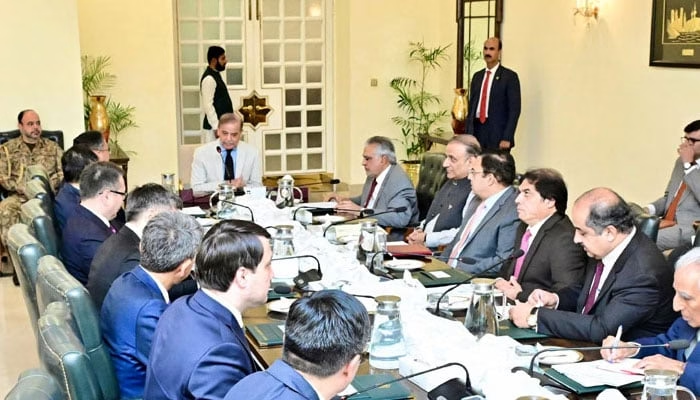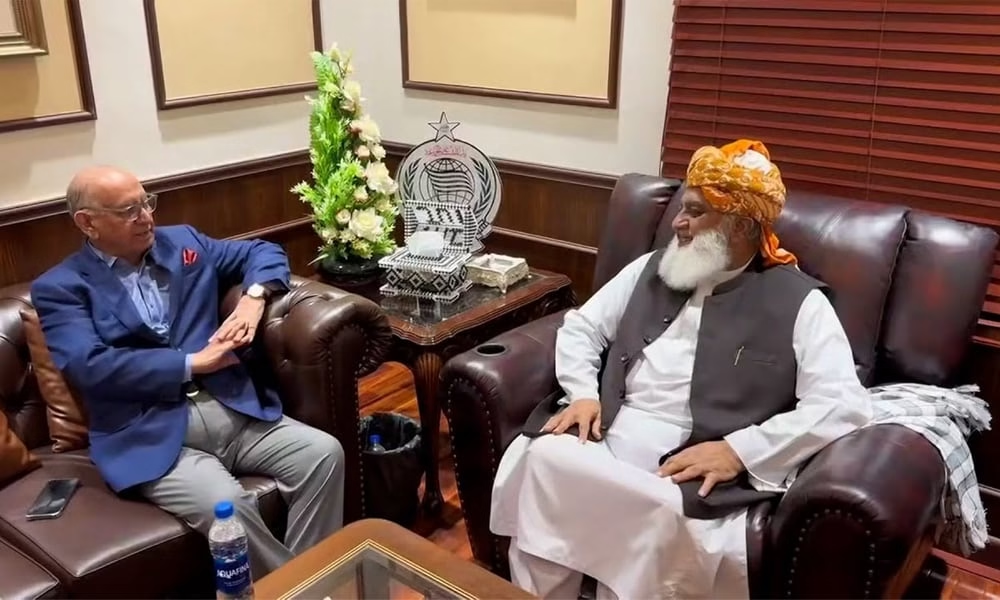In a significant move to curb tax evasion, the Pakistani government has taken a major step by establishing a joint committee comprising the Federal Board of Revenue (FBR) and the National Database and Registration Authority (NADRA). The decision aims to broaden the foundation of taxation and enhance collaboration between the two key entities responsible for revenue generation and citizen registration.
The high-level technical committee, formed by NADRA and FBR officials, has been announced through an official notification issued by the government. Lieutenant General Muhammad Munir, Chairman NADRA, is set to lead the committee, emphasizing the government’s commitment to addressing tax-related challenges through a collaborative approach.
According to the notification, the committee will work towards preparing recommendations for increasing tax net through data and IT infrastructure. It highlights the need to upgrade the IT infrastructure of FBR, with the committee expected to provide suggestions for this purpose.
The notification further outlines that the committee will assess the actual income of taxpayers and finalize the registration of new taxpayers, ensuring the completion of tax profiles for non-filers. This comprehensive approach is aimed at not only bringing new taxpayers into the system but also ensuring that the tax profiles of non-filers are accurately documented.
As per FBR sources, the committee will facilitate the exchange of data between FBR and NADRA, allowing for a more seamless flow of information. This collaboration is expected to enhance the overall efficiency of the taxation system, minimizing loopholes that enable tax evasion.
The move is a proactive step by the government to strengthen its revenue collection mechanisms and address issues related to tax compliance. By leveraging the technological capabilities of NADRA and implementing upgrades to FBR’s IT infrastructure, the government aims to create a more robust and transparent taxation system.
This joint initiative is likely to have far-reaching implications for both the government’s revenue collection and the overall economic landscape of Pakistan. It reflects a commitment to fostering synergy between key institutions for the greater benefit of the country, signaling a concerted effort to combat tax evasion and promote fiscal responsibility.
The formation of the joint committee by FBR and NADRA marks a landmark step in the ongoing efforts to tackle tax evasion in Pakistan. The collaborative approach, focusing on data exchange and technological upgrades, underscores the government’s commitment to building a more efficient and transparent taxation system for the nation’s economic growth.



